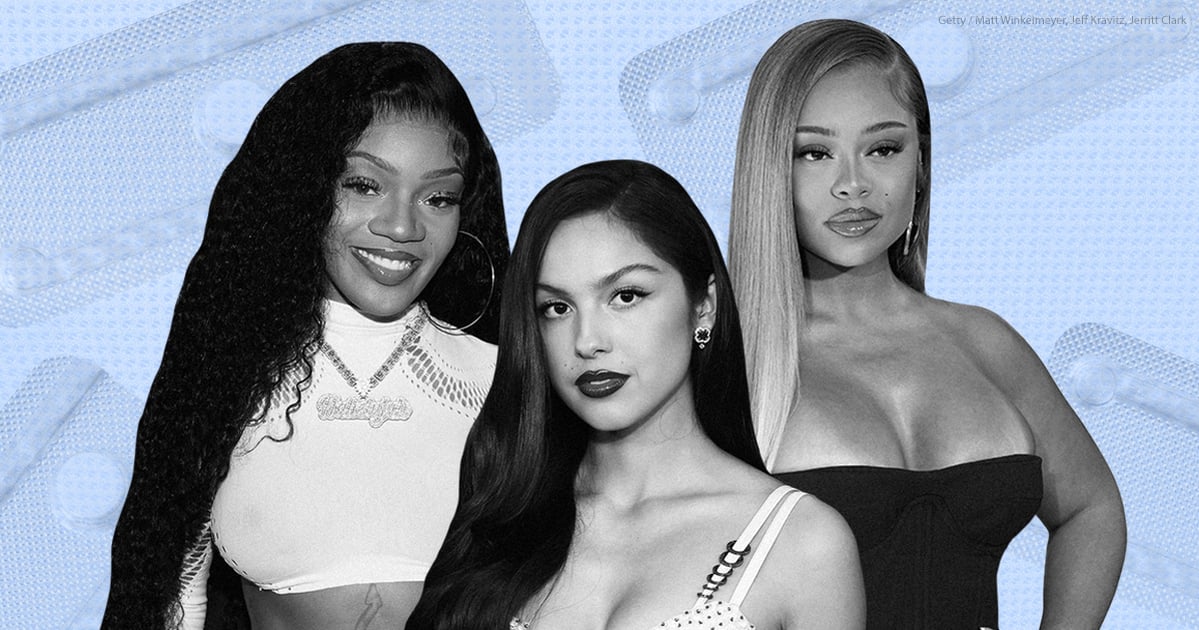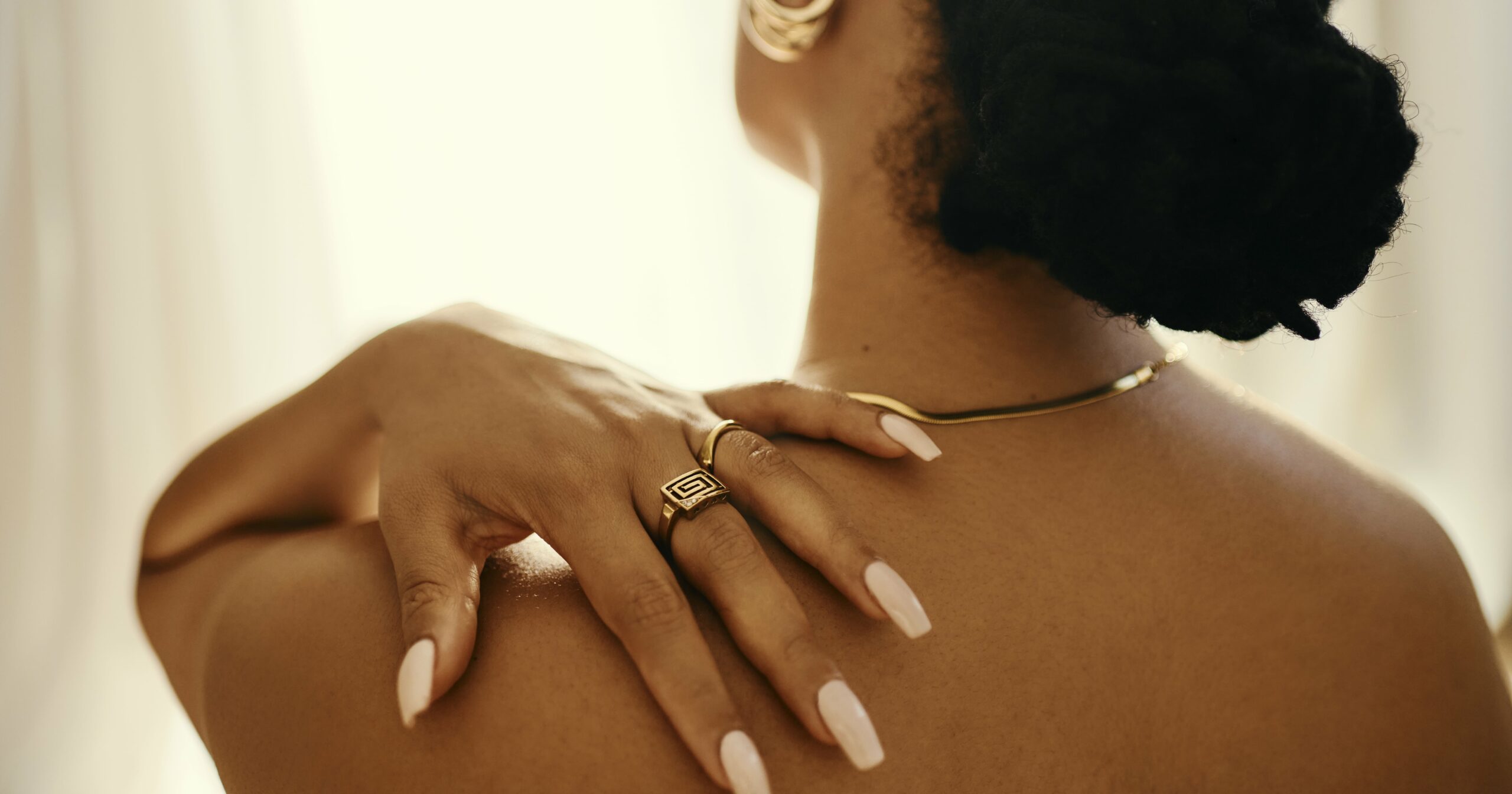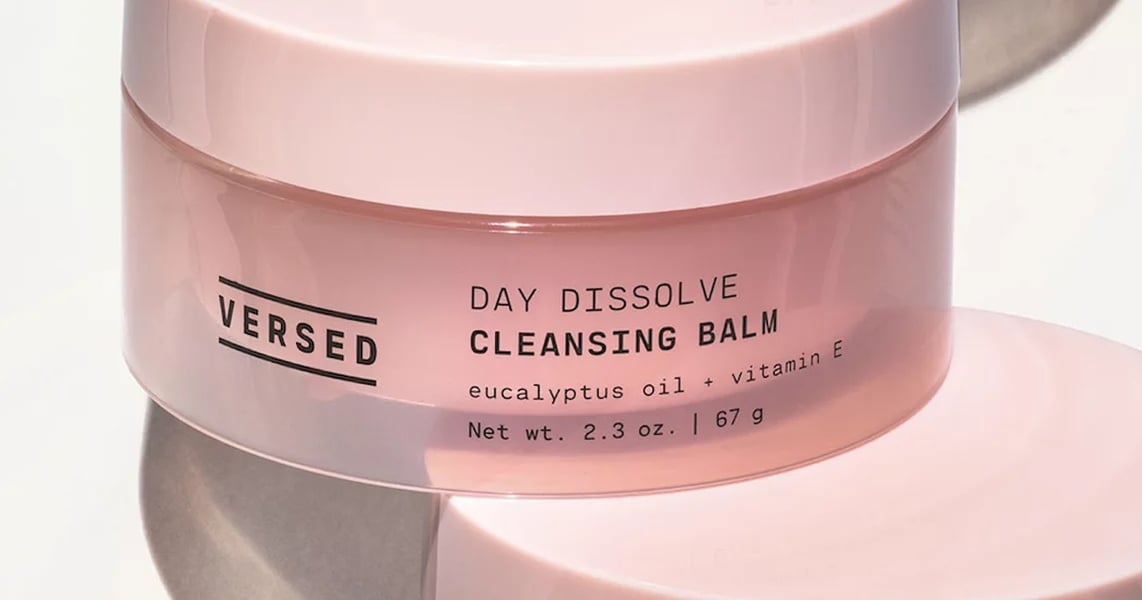For many years, reproductive health topics like birth control, abortion, and emergency contraception (commonly referred to as Plan B) weren’t topics you heard much in public arenas, popular music included. But if you’ve been listening closely to recent hits – or been closely following some of today’s biggest music stars – you know that’s very untrue today.
Last month, Latto and Chlöe dropped their latest albums, “Sugar Honey Iced Tea” and “Trouble in Paradise,” respectively. In addition to both being put out on Aug. 9, the albums had something else in common: they explored the topic of emergency contraception. In “There She Go,” Latto raps, “Begging me to have his baby, heard he made you take the pill,” and in “Same Lingerie,” Chlöe sings, “Whisper in my ear and ask me would I have your babies? Without the pill, we damn near made it.”
Latto and Chlöe are just the latest examples of women artists talking openly about Plan B and reproductive rights more generally in the last few years. In 2022’s “F.N.F. (Let’s Go) Remix,” GloRilla raps, “Pop a Plan B before I let him trap a bitch.” Megan Thee Stallion’s 2022 hit is aptly named “Plan B,” and in it, she talks about past relationships. On her Guts tour, Olivia Rodrigo partnered with the National Network of Abortion Funds to distribute emergency contraception and other sexual health resources (condoms, lubricant, etc.) until her management team reportedly put an end to the practice. Taylor Swift also recently drummed up tons of buzz when she endorsed Vice President Kamala Harris for president, writing in an Instagram post, “I’m voting for @kamalaharris because she fights for the rights and causes I believe need a warrior to champion them. . . . I was so heartened and impressed by her selection of running mate @timwalz, who has been standing up for LGBTQ+ rights, IVF, and a woman’s right to her own body for decades.”
These music artists are talking about reproductive autonomy Plan B at a crucial time for reproductive rights. In the wake of the Dobbs decision that overturned Roe v. Wade, Plan B – a pill containing levonorgestrel that can be taken within 72 hours of unprotected sex to prevent pregnancy – has become a crucial medicine that can help prevent unwanted pregnancies. But one study published in the journal of Obstetrics and Gynecology found that states where abortion became most restricted post-Dobbs experienced a 65 percent decrease in refills for emergency contraceptives compared with states that had moderate levels of abortion restrictions, likely due to confusion around the legality of Plan B. That could have dire consequences: a study by University of Michigan Medicine found that over-the-counter access to Plan B was correlated with 96 percent fewer EC-related emergency room visits.
Here we have an urgent opportunity for artists to give women the gift of education, access, and advocacy.
That’s why it’s so important artists are having these conversations via their music and through their advocacy off-stage. With the state of reproductive rights ever changing – and hanging in the balance with the upcoming election – music artists talking about Plan B and other related topics can open the floor to educate and provide resources for fans and prove why increased access to emergency contraception is so necessary. One study found that using music as a tool for HIV/AIDS education, for example, effectively normalized preventive behaviors, combated stigma, and led to more conversations about public health. So today’s artists applying similar intentionality to their songs and beyond could clearly help bridge the gap for emergency contraception and reproductive health.
Ultimately, music influences the culture, the youth, and the future; it gains major artists the eyes and ears of the masses. Megan Thee Stallion might be the most prominent example of a music artist who has continually championed reproductive health, in her music and outside of it. As demonstrated by Meg’s recent performance at a Harris rally in Georgia, it is clear that injecting popular artists into the political sphere holds the ability to increase viewership and attention. She has been a proud example of “My body, my business, and I do what I want to do with it,” earning her the Catalyst for Change Award at a Planned Parenthood of Greater New York gala in April. During her acceptance speech, she said, “I know I was placed on this Earth to be more than just a musician. I have a bigger purpose to use my voice to speak out against injustice,” referring to reproductive rights and bodily autonomy.
However, if delving into political events isn’t in the wheelhouse of an artist, fostering candid conversations and sharing sexual health resources are simple, low-hanging fruits that can add a layer of responsibility and positive impact. This is especially important given that current music discusses hypersexual topics bluntly at the same time that reproductive health legislation is becoming more and more restrictive.
Although stars like Megan and Rodrigo sometimes face criticism on social media for their bold statements and actions, if more artists implemented sexual health outreach within their concerts – like mobile STI testing, free distribution of resources, and connections to local OB/GYNs and public-health organizations for continued care – the impact would be astronomical. Two common barriers to care are scheduling challenges and cost or lack of insurance, so bringing the care to their audience would directly combat those roadblocks. While Latto and Chlöe mentioning Plan B in their songs is a start, there’s so much more to be done. To actually raise and maximize awareness, artists need to use their influence to support the community health goals of various reproductive-health organizations.
We have seen how mentions of emergency contraception in music create a domino effect for it to be normalized and destigmatized, and here we have an urgent opportunity for artists to give women the gift of education, access, and advocacy. While many look to politicians to be the decision-makers, maybe it’s really the women of music who hold the key to help reclaim our reproductive power.
Natasha Marshall is a Chicago-born and Houston-based women’s health advocate who’s passionate about reproductive health, body image, and self-esteem. She holds a Master of Public Health in health promotion and behavioral science and is currently working to make education, contraception, and reproductive care more accessible for Houston women.



